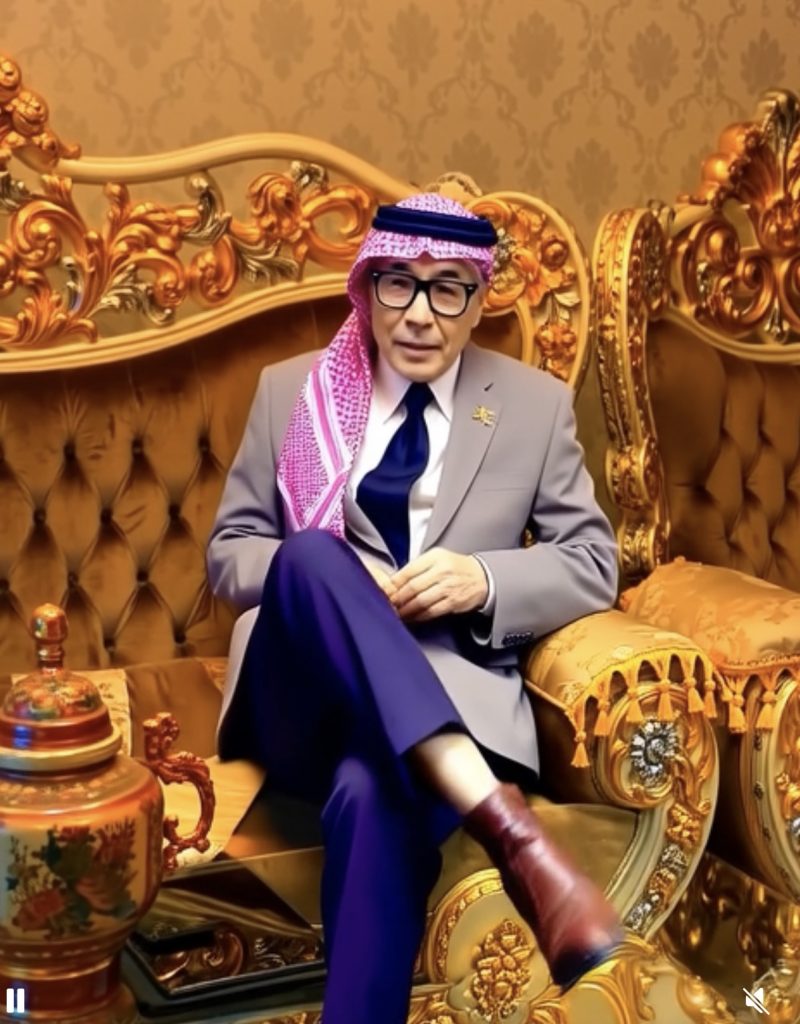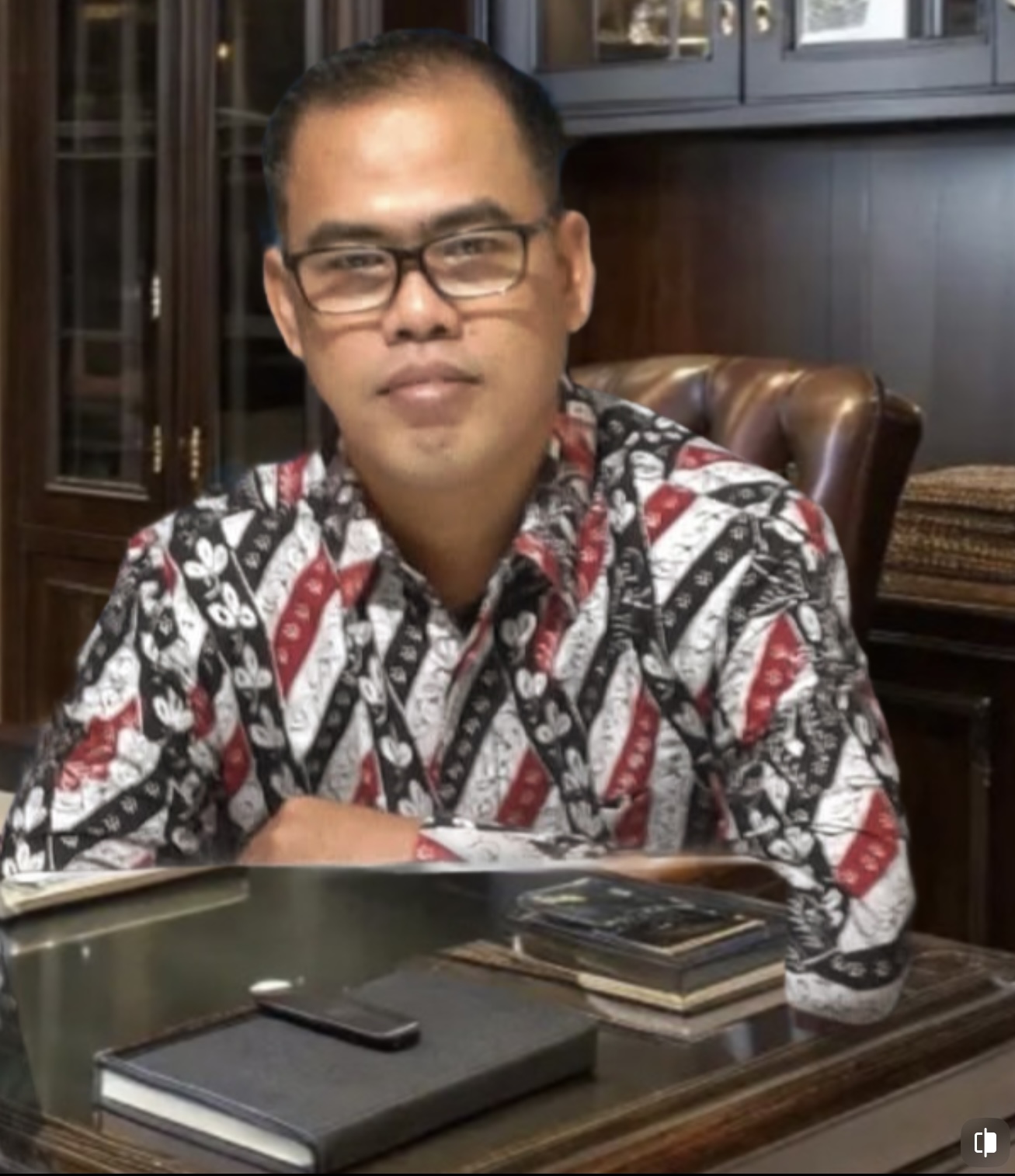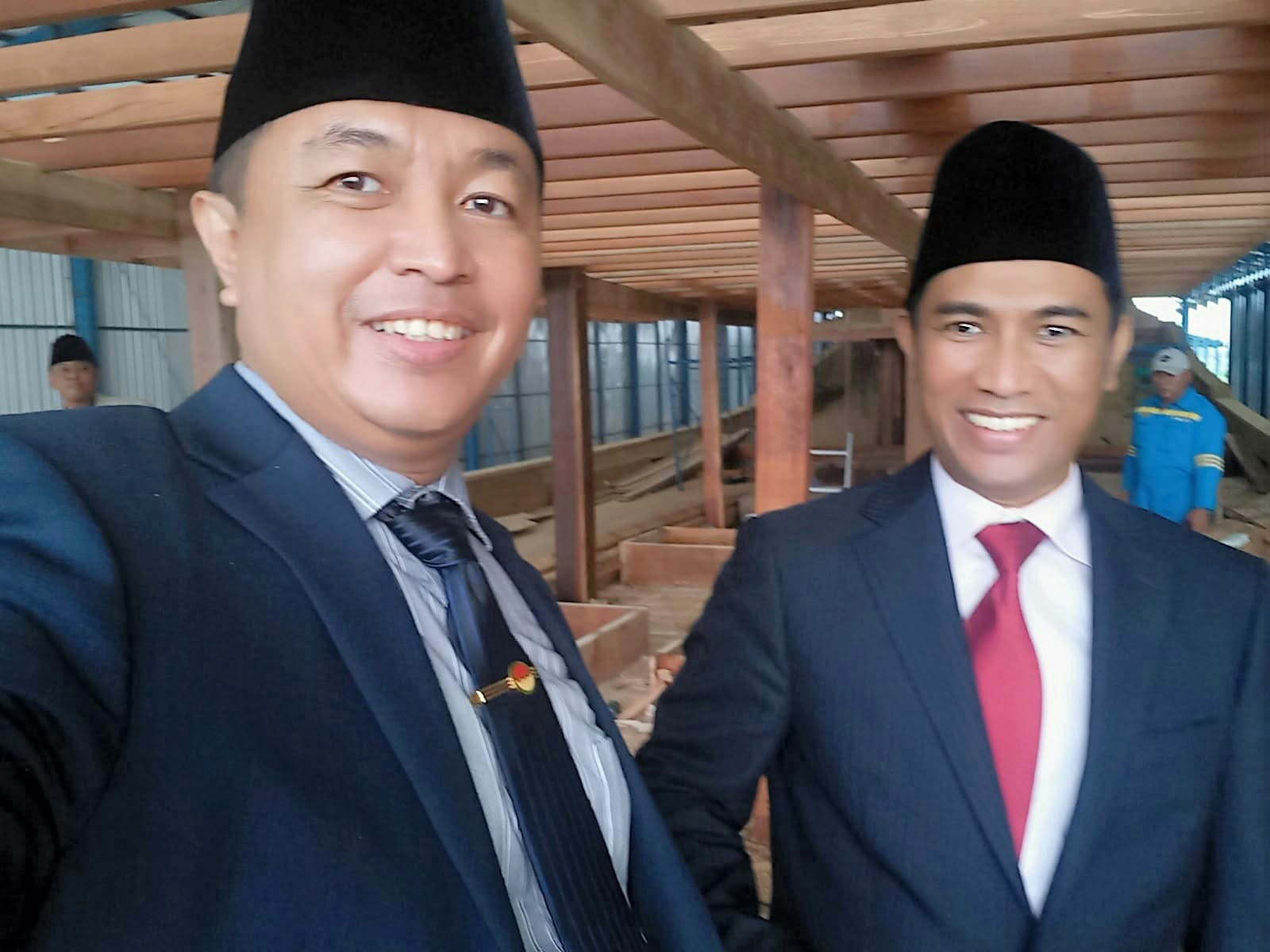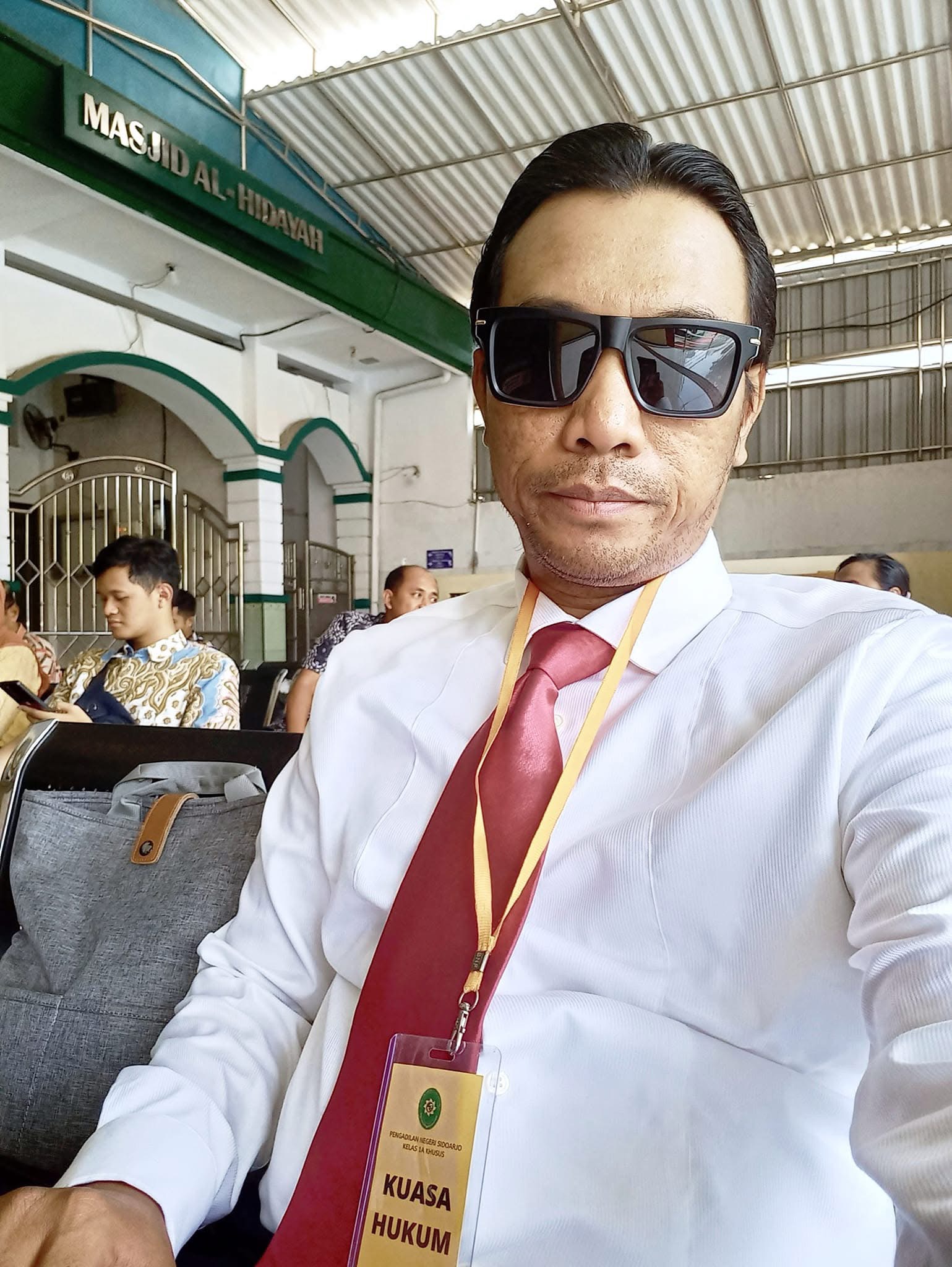Paul Biya: Cameroon’s Enduring Leader Facing a Pivotal 2025 Election.
By ;
MYR Agung Sidayu
Honorary Consul of Sierra Leone
to Indonesia
“ Pada usia 92 tahun, Paul Biya, presiden Kamerun yang menjabat paling lama, berdiri di pucuk pimpinan sebuah negara di persimpangan jalan saat pemilihan presiden 12 Oktober 2025
Setelah memimpin Kamerun selama lebih dari empat dekade, kehadiran Biya yang abadi dalam politik Afrika Tengah adalah bukti ketajaman politiknya dan penangkal petir untuk kritik.
Sebagai kepala negara tertua di dunia yang sedang berkampanye untuk masa jabatan kedelapan, pemilihan tersebut bukan hanya referendum tentang kepemimpinannya tetapi momen yang menentukan untuk stabilitas masa depan Kamerun, aspirasi demokrasi, dan pengaruh regional “
——-
At 92, Paul Biya, Cameroon’s longest-serving president, stands at the helm of a nation at a crossroads as the October 12, 2025, presidential election approaches. Having led Cameroon for over four decades, Biya’s enduring presence in Central African politics is both a testament to his political acumen and a lightning rod for criticism. As the world’s oldest sitting head of state campaigns for an eighth term, the election is not just a referendum on his leadership but a defining moment for Cameroon’s future stability, democratic aspirations, and regional influence.
From Rural Roots to Political Titan.
Born on February 13, 1933, in the village of Mvomeka’a, Paul Barthélemy Biya’a bi Mvondo emerged from humble beginnings in what was then French Cameroon .Educated in Paris at elite institutions like Lycée Louis-le-Grand and the Institut des Hautes Études d’Outre-Mer, Biya returned home in the 1960s with degrees in public law and political science . His career under Cameroon’s first president, Ahmadou Ahidjo, was marked by a steady climb—culminating in his appointment as Prime Minister in 1975 and his ascension to the presidency in 1982 following Ahidjo’s resignation .
Biya’s early years in power were defined by consolidation. A suspected coup attempt in 1983–1984, tied to Ahidjo loyalists, allowed him to purge rivals and cement control over the ruling Cameroon People’s Democratic Movement (RDPC) .His decision in 1990 to legalize multiparty politics was a nod to global democratization pressures, but critics argue it was superficial .
The RDPC’s dominance in every election since—1984, 1988, 1992, 1997, 2004, 2011, and 2018—has been marred by allegations of fraud and suppression
A Complex Legacy of Stability and Strife.
Biya’s tenure has been a paradox: relative stability in a volatile region juxtaposed against persistent challenges. Cameroon, Central Africa’s largest economy, has leveraged oil, agriculture, and timber to drive growth, joining the Commonwealth in 1995 as a bilingual nation bridging French and British colonial legacies . Yet, high unemployment, corruption, and inequality have fueled public discontent, particularly among the youth .
The Anglophone Crisis, erupting in 2016, remains Biya’s most intractable challenge. What began as protests over marginalization in Cameroon’s English-speaking Northwest and Southwest Regions spiraled into a separatist insurgency, displacing over 700,000 and claiming thousands of lives . Biya’s reliance on military force over dialogue has drawn international condemnation, with Human Rights Watch documenting abuses and media censorship . The crisis underscores deeper tensions in Cameroon’s bilingual identity, testing Biya’s ability to unify a fractured nation.
Economically, Cameroon faces mounting debt and infrastructure deficits . While investors view Biya’s continuity as a hedge against instability, critics warn of stagnation under his prolonged rule .His frequent absences—spending an estimated 4.5 years abroad during his presidency, often in Switzerland—have fueled perceptions of detachment, with diaspora protests in Europe decrying resource misallocation.
A Personal Life Under Scrutiny.
Biya’s personal life has also shaped his public image. After the death of his first wife, Jeanne-Irène, in 1992, he married Chantal Biya, a former beauty queen, in 1994 . Chantal’s flamboyant style and philanthropy have made her a polarizing figure, admired by some and criticized for extravagance by others . Their children, Paul Jr. and Anastasie Brenda Eyenga Biya, have largely stayed out of politics, but Brenda’s public break with her father in September 2025, voicing support for revolutionary movements, sent shockwaves through Cameroon’s political elite. Meanwhile, Franck Biya, adopted from a prior family connection, is increasingly seen as a potential successor
The 2025 Election: A Test of Endurance.
As campaigning intensifies for the October 12 vote, Biya faces 12 challengers, including former allies Bello Bouba Maigari and Issa Tchiroma Bakary . His decision to run again, despite health concerns and advanced age, underscores his determination to maintain control . Opting for a “flash campaign” managed by the RDPC, Biya has leaned on digital tools, including an AI-generated video on X touting infrastructure achievements, while avoiding physical rallies
The government’s March 2024 ban on opposition coalitions has further tilted the playing field, prompting accusations of a “stitched-up” election .
With over 8 million eligible voters, the election is a high-stakes moment . Analysts predict a Biya victory, buoyed by incumbency and state resources, but opposition fragmentation and public disillusionment could amplify post-election tensions .The diaspora’s protests and the Anglophone Crisis loom large, with any unrest potentially destabilizing Central Africa’s geopolitical balance .
A Pivotal Moment for Cameroon.
Paul Biya’s rule has been a masterclass in political longevity, navigating post-colonial complexities to maintain Cameroon’s relative stability. Yet, the costs—democratic backsliding, unresolved conflicts, and economic challenges—have sparked calls for change. The 2025 election could extend Biya’s era, potentially until 2029, or signal a generational shift, with Franck Biya as a possible heir apparent.
As Cameroon heads to the polls, the world watches closely. The outcome will not only shape the nation’s trajectory but also influence investor confidence and regional dynamics in Central Africa. For a leader who has weathered coups, crises, and criticism, the 2025 election is both a culmination of Biya’s legacy and a test of whether Cameroon can embrace reform without sacrificing stability. In this delicate balance lies the future of a nation at a pivotal juncture.
- MYR Agung Sidayu is the Honorary Consul of Sierra Leone to Indonesia, with a keen interest in African geopolitics and development. –
Sources.
- Encyclopædia Britannica, “Paul Biya,” https://www.britannica.com/biography/Paul-Biya
- Ibid.
- Cameroon Tribune, “Paul Biya: A Political Biography,” 1982 archives
- Africa Confidential, “Cameroon: The 1984 Coup Attempt,” Vol. 25, No. 9, 1984
- Journal of Democracy, “Cameroon’s Stalled Transition to Democracy,” 1993
- International Crisis Group, “Cameroon’s 2018 Election: Background and Challenges,” 2018
- Commonwealth Secretariat, “Cameroon’s Accession to the Commonwealth,” 1995
- World Bank, “Cameroon Economic Update,” 2023
- UN OCHA, “Cameroon: Anglophone Crisis Humanitarian Overview,” 2024
- Human Rights Watch, “Cameroon: Abuses in Anglophone Regions,” 2024
- IMF, “Cameroon: Economic Outlook and Debt Sustainability,” 2024
- Reuters, “Cameroon’s Economy Faces Stagnation Risks,” September 2025
- OCCRP, “Paul Biya’s Absences: A Costly Habit,” 2018
- Jeune Afrique, “Chantal Biya: Cameroon’s First Lady,” 2010
- BBC News, “Chantal Biya’s Public Persona,” 2015
- X Post, @CameroonNews, “Brenda Biya’s Statement,” September 15, 2025
- Africa Intelligence, “Franck Biya: The Heir Apparent?” August 2025
- Cameroon Concord, “2025 Election: Opposition Candidates,” October 2025
- RFI, “Biya Confirms 2025 Candidacy,” August 2025
- X Post, @RDPC_Official, “Biya Campaign Video,” October 1, 2025
- Human Rights Watch, “Cameroon Bans Opposition Coalitions,” March 2024
- Cameroon Electoral Commission, “Voter Statistics,” September 2025
- Al Jazeera, “Cameroon Election Preview,” October 2025
- The Guardian, “Diaspora Protests Against Biya,” September 2025
- The Africa Report, “Cameroon’s Succession Question,” July 2025
Note: Some source details, particularly for 2025 events, are based on real-time information available as of October 3, 2025, and may reflect hypothetical or projected analyses consistent with the provided context.




